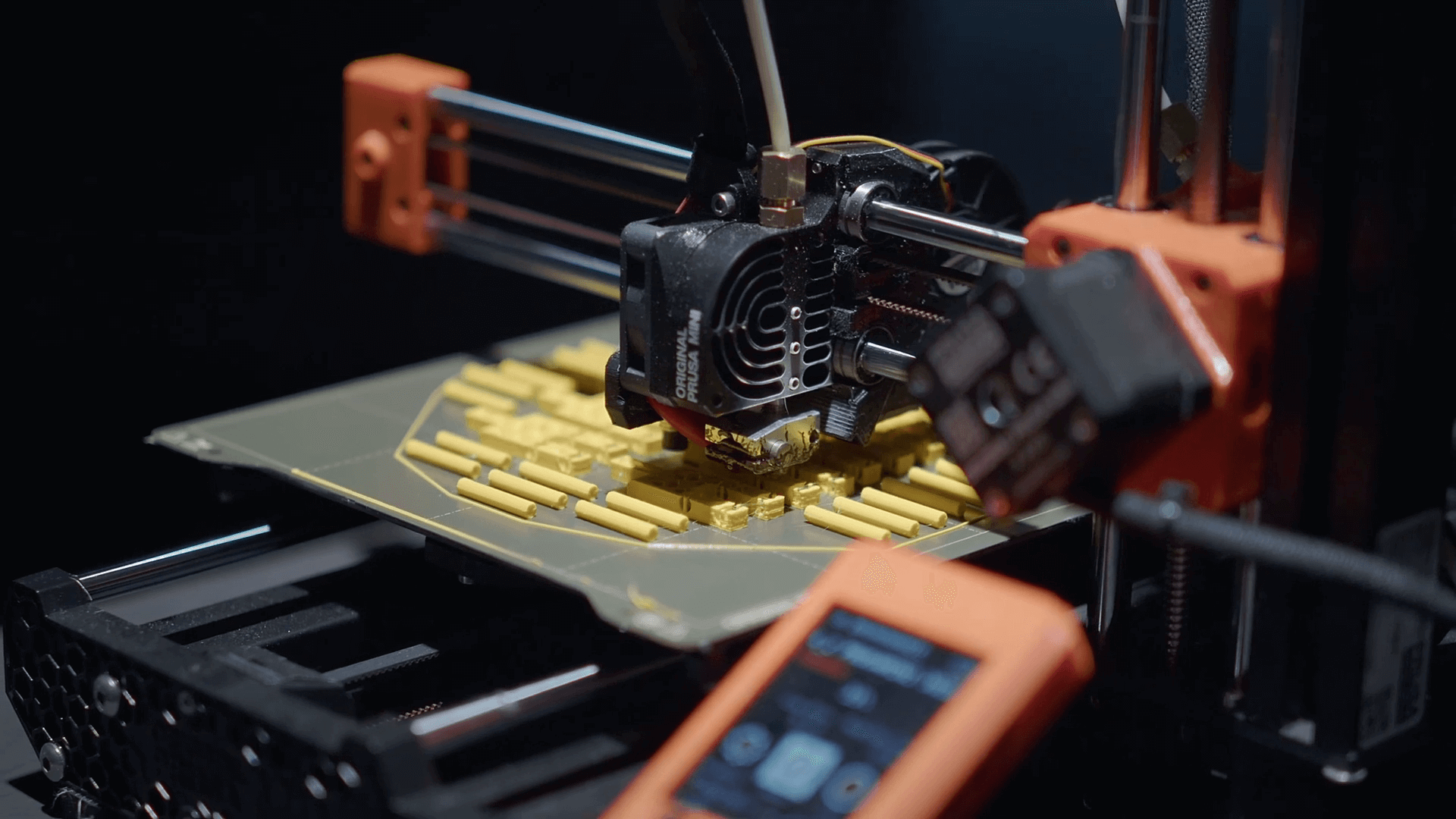Specialized areas
Specialized area topics
Data Science, or data science, plays an extremely important role in today's world, transforming the way we make decisions, conduct business and solve problems. In an era of massive growth in the amount of data generated daily by a variety of sources, from social media to information systems, the skillful use of this data is becoming a key factor for success. Data Science combines statistical techniques, data analysis, machine learning and big data processing to uncover hidden patterns, relationships and information that can lead to more accurate conclusions and better business decisions. Companies using Data Science can optimize their processes, improve efficiency, better understand customer needs and predict market trends. In addition, Data Science plays a key role in the development of new technologies such as artificial intelligence, process automation and the Internet of Things (IoT). With the growing importance of data as a strategic resource, Data Science skills are becoming increasingly sought after on the job market, highlighting the central role of this field in today's world.
Specialized area topics
A graduate educated according to this silhouette is a specialist prepared to work in larger software development teams and business process analysis and support teams. With knowledge in the areas of requirements engineering, databases, data warehousing and data mining, business process modeling and team communication, and business decision-making processes, he or she is prepared to mediate communication between software development teams and business teams.
A good knowledge of technology, databases, systems architecture, and analysis and design methods enables him or her to grow professionally in a variety of occupations and roles from business analyst, systems analyst, requirements engineer, programmer, website designer, database designer and administrator, data warehouse designer and analyst, software engineer to managers of IT development, support and project teams.
Potential places of employment for such a prepared candidate include companies that develop and implement software, especially business systems, organizations that own and process large data sets (including banks, insurance companies, telephone operators), companies that provide business intelligence services, development and support departments and analytical departments of large enterprises.
This silhouette has a particularly broad area theme, so four thematic areas have been identified within it
Elective subjects related to silhouette
For those choosing this area , please refer to the recommendations of elective subjects for your preferred subject area.
Candidate Profile
A candidate interested in an education aimed at this silhouette should be characterized by analytical thinking skills, proficiency in a selected general-purpose programming language and knowledge of the basics of database systems, as well as an aptitude for communication and the ability to work in a team. Familiarity with object-oriented analysis and design methods, including the UML language, is desirable.
Occupations in which a graduate pursuing this silhouette may find employment include network and computer systems administrator, data center designer and administrator, mobile application developer, wireless communication systems designer and administrator, ICT systems security specialist, cloud services designer, DevOps engineer, or streaming services designer and administrator. Potential employers include telecom operators, mobile system and application manufacturers, and cloud-based service providers.
The term interactive multimedia covers issues of user interaction with information systems, usually online. A special role is played here by interaction, i.e. two-way communication of a person with the system or with other users through the system (e.g. in games and other activities requiring interaction). Such interaction is enabled by multimedia interfaces.
Interactive media integrates computer, data, television, phone and mobile devices, interfaces, and other information technologies. Interactive media refers to conceptual interaction design, graphical user interface, new media, digital culture, and enriched and virtual reality. Among the most popular interactive multimedia applications are games, educational and training programs, electronic encyclopedias and travel guides. The user of an interactive multimedia application becomes an active participant in two-way, wide-ranging communication.
The selection of the scope in the Department of Computer Science is made after completing a questionnaire.
The questionnaire is filled out by second-year, sophomore students at the Department of Computer Science.



